|
Conscious Perspective on…
> War and Terror
> Search
> Newsletters
> Archives
> Psychohistory
> News Archives
> Copyrights
  
|
|
Conscious Perspective (Regard conscient) is a research project whose purpose is to bring to light the links between repressed sufferings - particularly those of earliest childhood - and their acting out on the different stages of life.
We begin with the observation that the adult remains deeply imprinted with an unacknowledged lifelong emotional experience which, in many cases, makes him or her a prisoner of behavior patterns inherited from the past.
It is our view that the compulsion that urges us to re-create painful situations is an invitation to go over these sufferings again, consciously, so as to liberate ourselves from them. Below you will find writings by several authors that show these re-enactment mechanisms at work in various fields. On the Conscious Perspective website, we also wish to present some tools that enable everyone to better understand the unconscious workings which drive us.
Marc-André Cotton

Last Update 2024/01
In English
|
|
|
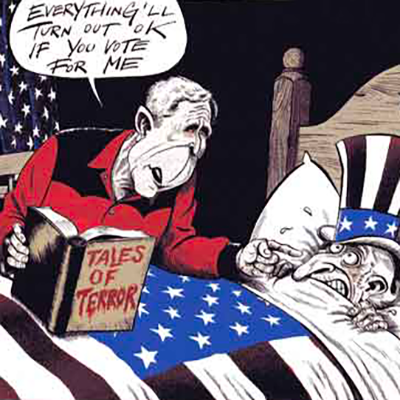 |
|
Trauma and Politics of Fear in the Wake of the 9/11 Terror Attacks
After the 9/11 terror attacks, the Bush administration launched two military operations that proved to be quite disruptive for South and Central Asia as well as the Middle East. This article examines how the 9/11 trauma triggered early coping mechanisms involving victimization and/or identification with the aggressor, specifically among White House officials and deputies.
(2024/01)
|
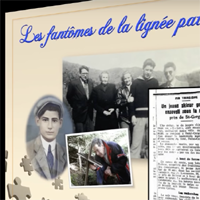 |
|
|
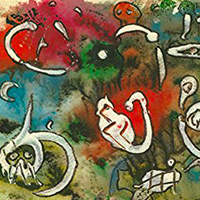 |
|
|
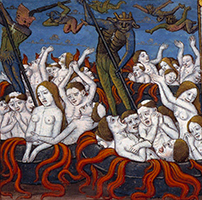 |
|
Religious violence: a paradoxical reality?
The phenomenon worries even the highest authorities of the United Nations, which denounces an overflow of violence based on religion. The psychotraumatic dynamics leading to such extremes remain poorly understood. They are rooted in the denial of the natural sensitivity of children, subjected from birth on to the rigor of a doctrinal set of rules that diverts them from experiencing their true self.
(2021/09)
|
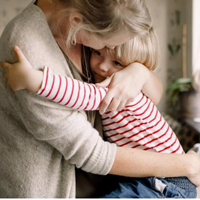 |
|
On the Difficulty of Being a Parent
Since the publication of Le Génie de l’être, Sylvie Vermeulen’s book-testament, new keys to understanding are available to people who wish to accompany their children on a path of benevolence. What issues of consciousness are hidden behind parenthood?
(2021/06)
|
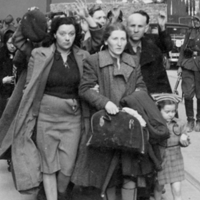 |
|
The Secret History of Alice Miller
An indefatigable advocate for children, Alice Miller passed away eleven years ago, leaving a legacy that raised awareness on issues such as childrearing violence, childhood traumas, and the roots of authoritarianism. But until her very end, she hid a dark secret that her son Martin eventually discovered.
(2021/05)
|
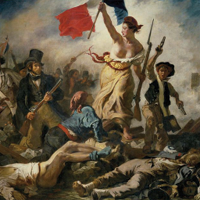 |
|
Bringing Psychohistory in France and Switzerland
Trained through the 2001-2002 Learn Psychohistory OnLine program, I was deeply impressed by psychohistorical concepts that complemented my ongoing therapeutic process.
(2020/02) |
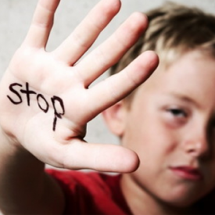 |
|
Report from Europe: Psychohistory in the French Speaking Community
One of IPA’s most important challenges is helping educate a wider audience about the childhood sources of adult psychopathology. The relevance and urgency of this agenda is underscored by the psychological state of Donald Trump and right-wing Republicans, as well as the resurgence of fascism in Europe. Our International VP is part of this common effort, as explained in this report.
(2018/12) |
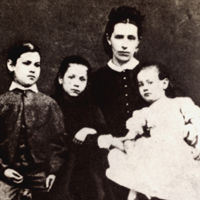 |
|
Sigmund Freud, son of Amalia
Discernible in the works of Freud, imprints of early traumas have been overlooked by biographers. This painful blind spot of the Freudian model accounts for a detrimental lack of concern with mother and infant intimacy.
(2018/02)
|
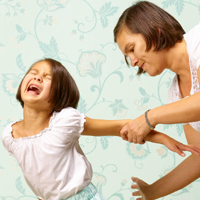 |
|
Implication of child abuse in the Brexit vote: British euroscepticism and ‘the rod’
A ‘values lines’ divide is likely to account for pro- and anti-EU attitude in the United Kingdom, a psycho-demographic approach suggests. Sub-groups motivated by fear of perceived threats swung most strongly to vote ‘Leave’—giving indication of the powerful forces at play when repressed feelings and emotions associated with child abuse are displaced in a heated political context.
(2016/11)
|
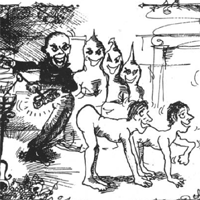 |
|
Sacrifice the Bush Way: From Self to Others
The Walker Bush dynasty has marked the last American century, promoting “corporate democracy” as a means to expand its wealth. As 43rd President of the United States, George Walker Bush’s biography illustrates how the members of our powerful elite sacrifice the inner self of their own children for the sake of political success. In his case, the childrearing violence and emotional neglect he experienced created the psychological basis for his later re-enactments as commander-in-chief in the wake of 9/11.
(2016/07)
|
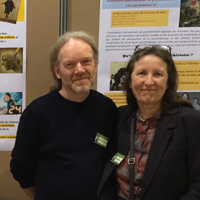 |
|
Bringing Psychohistory to One of France's Biggest Eco-Fairs
The IPA is educating the general public about psychohistorical issues through efforts such as the one described in this article. Our work has never been more timely, as supportive parenting and the adverse influence of violence in education are being debated in France and the Council of Europe is advocating a general ban on corporal punishment of children.
(2016/06)
|
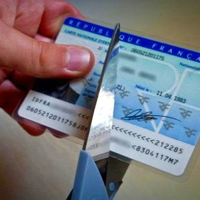 |
|
Revoking Citizenship: The Malaise Afflicting France
In France, the recent wave of terror requires the Holland government to restore social cohesion. Suffering from emotional distress, a majority of French citizen supports the constitutional reform aiming at revoking citizenship of terrorists. But social fractures should be addressed as well, argues IPA’s International vice-president reporting from Europe.
(2016/05)
|
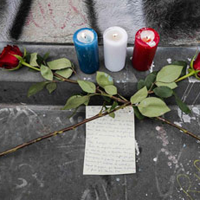 |
|
In the Wake of Terroris Attacks: A Call for Introspection
Terrorism brings back deep memories of childhood abuse. Awareness of this phenomenon can help reduce unconscious sources of popular support for repressive and militaristic government policies in the wake of terrorist attacks.
(2016/03)
|
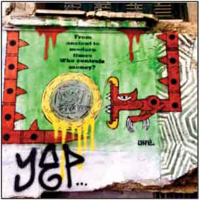 |
|
Birth Trauma Memories in the Greek Crisis
As Greece’s debt crisis unfolds, empirical evidence of a collective restaging of birth trauma emerges behind the hard economic facts. Prenatal psychology and Vamik Volkan’s concept of “time collapse” shed a fresh light on the Greek struggle.
(2015/10)
|
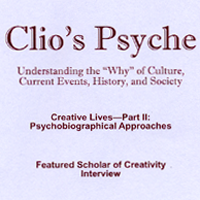 |
|
A Perspective on Reflective Consciousness and Psychohistory
Specific to human nature, our reflective consciousness—not to be confused with guilt—drives us to reconsider destructive schemes of behavior so as to find ways to heal individually and collectively. This should leave an open field for psychohistorians.
(2015/09)
|
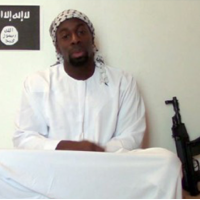 |
|
The Paris and Copenhagen Mass Shootings: Where Do We Go From Here?
The Charlie Hebdo and other mass killings by jihadists are fueling a “Clash of Civilizations” discourse in the West. Psychohistorians can refocus the discussion onto underlying causes of public violence and work towards prevention by promoting reform of child rearing throughout the world.
(2015/04)
|
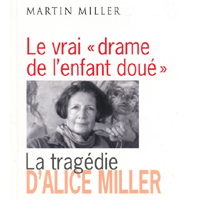 |
|
Martin Miller's Account of Alice Miller's Childhood and Parenting
The publication in 2013 of an account of her life by Alice Miller’s son sheds a remarkable light on the biography of this renowned psychotherapist advocate for children. However, it doesn’t entirely do justice to her universal legacy.
(2015/04)
|
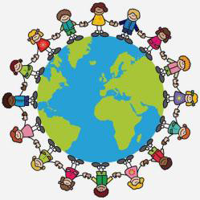 |
|
The French Psychotherapists Fight Back
In France, the practice of psychotherapy is under attack and legislation has been adopted to restrict the practice of psychotherapy to medical professionals.
(2015/01)
|
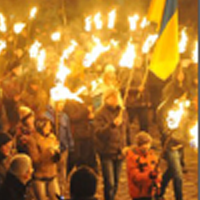 |
|
Reminiscence of WWII Sets the Pace in the Ukraine Crisis
The intergenerational transmission of unresolved family grief can be a root cause of tragic reenactments in public affairs. I discuss this in relation to the Ukraine crisis and suggest that a better understanding of such mechanism would bring to a peaceful conclusion.
(2014/11)
|
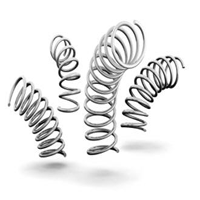 |
|
The Traps of Resilience
Some concepts seem to have the main purpose of hindering the resolution of our sufferings. That is the case for “resilience”, a concept extolling social adaptation at the expense of our rightful need for truth.
(2013/04)
|
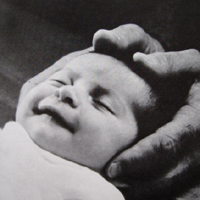 |
|
The Damaged Bond of Attachment
The child lives in a continuity of consciousness. It’s the loss of his/her mother’s attachment that disconnects him/her from that state and progressively confines the child in neurosis, as shown by the examples of Sigmund Freud and Donald Winnicott.
(2013/03)
|
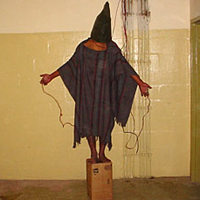 |
|
Poisonous Pedagogy: The Contentious Drift of Psychology
Involvement of psychologists in the Bush administration’s War on Terror has raised legitimate concern. And yet, behavioral scientists have long been praised for their engagement in dubious experiments aimed at conditioning the human brain. This willingness to control originates in early experiences of maternal disruption forced upon children and routinely manipulated by caretakers. The leading role played by behaviorism in the wake of the 9/11 trauma must alert on the dire consequences of such Poisonous Pedagogy.
(2013/03)
|
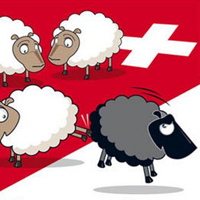 |
|
In Switzerland: Childrearing Aimed at National Consent
The “Swiss consent” is the political consequence of severe childrearing demands, which parents inflict on the child’s spontaneous consciousness. The ensuing sufferings are the origin of a recurring social ill being that reproduces in the Swiss political life, particularly in the growing stream of nationalism and xenophobia.
(2008/03)
|
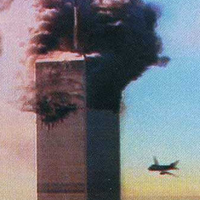 |
|
Terrorism and Mutilation: World in the Grip of Terror
Could the 11th September 2001 tragedy be an extreme manifestation of the violences inflicted around the world to the children's genital integrity ?
(2002/01)
|
|
>
|
Top of page
|
In French (see main page for more)
|
|
|
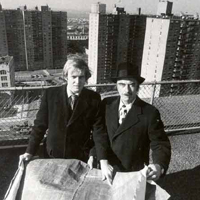 |
|
Le douloureux héritage de Donald John Trump (1)
Ce premier article dévoile de quelle manière le 45e président des États-Unis s’est construit en réaction aux humiliations de son père et ce que son personnage manifeste aujourd’hui du vécu occulté de sa lignée paternelle. Un prochain texte s’intéressera à la lignée de sa mère.
(05/2018) |
 |
|
Hollywood : des révélations qui en disent long sur l’importance de l’attachement
Notre connaissance des effets de traumatismes psycho-affectifs sur le développement de l’enfant permet de donner sens aux dérives relationnelles illustrées par l’affaire Weinstein. Pour les abuseurs et leurs victimes, le manque d’une parentalité bienveillante s’avère déterminant dans ces remises en scène.
(02/2018)
|
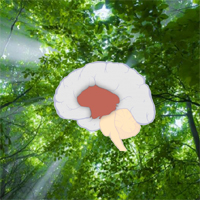 |
|
Travailler sur soi au quotidien : l’approche de Regard conscient
Compte-rendu de l’atelier donné à l’Université d’été de PEPS, le 2 juillet 2017, dans une version publique, cette présentation est destinée à faire connaître et pratiquer quelques outils proposés par le site Regard conscient pour travailler sur notre histoire au quotidien
(11/2017)
|
 |
|
La parentalité positive culpabilise-t-elle les parents ?
Selon certaines critiques, la bienveillance éducative pourrait conduire à l’épuisement parental en s’imposant comme un nouveau modèle à suivre. Plus vraisemblablement, c’est le manque d’un positionnement libérateur face à leurs propres parents qui menace les jeunes couples désireux de mieux faire avec leurs enfants.
(10/2017)
|
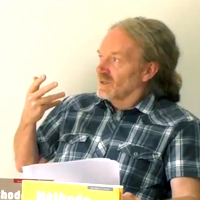 |
|
Au nom du père - Entretien avec Marc-André Cotton (1/6)
Raphaël Arditti, psychiatre et membre de La Douceur Mène à Tout (LDMT), rencontre Marc-André Cotton, psychohistorien, enseignant en économie et géographie et cofondateur du site Regard conscient.
(09/2017)
|
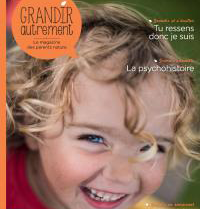 |
|
La psychohistoire
Si l’on en croit les recherches des psychohistoriens, l’enfance est une période déterminante dans la construction d’une personnalité ; elle explique le destin de nombre de sociétés et de civilisations. De ce fait, elle doit être prise au sérieux.
(09/2017)
|
|
>
|
|
Top of page
|
|
|
> Le Génie de l’être
> et autres écrits
> Au Nom du Père
> Les années Bush
> et l'héritage de la
> violence éducative
> Peps, le magazine
> de la parentalité
> positive
> Regard conscient
> au salon Primevère
> de Lyon 2018
> A Free Newsletter
> in French
> Édito No 24 :
> La femme
> offensée
|
